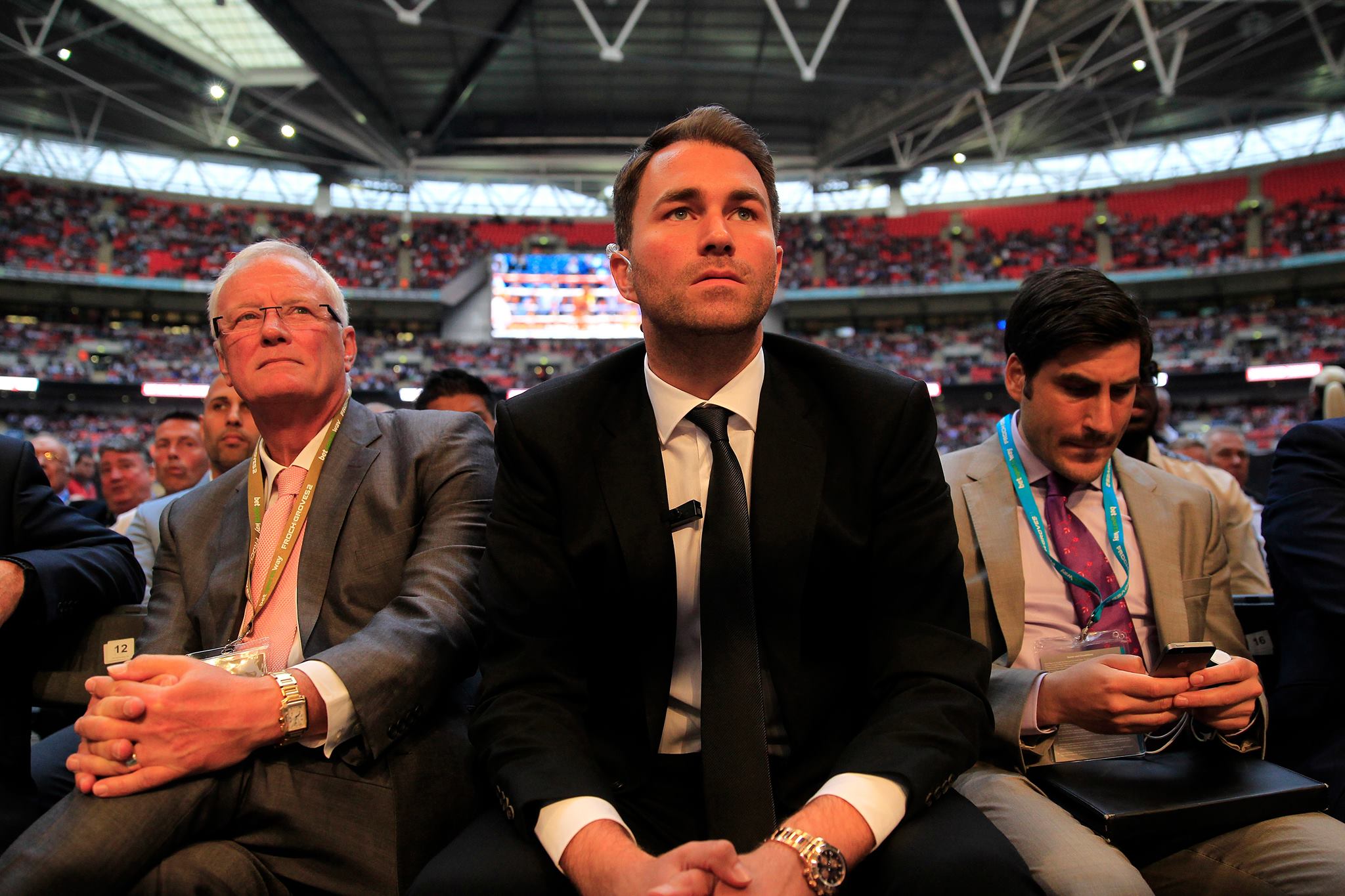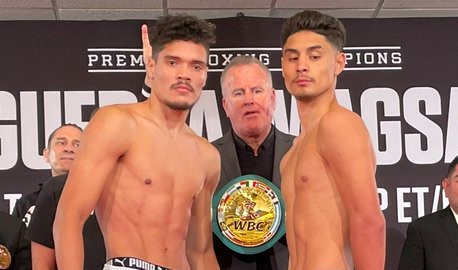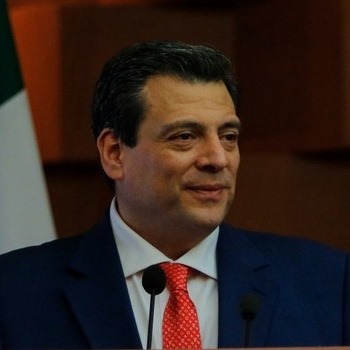by Charles Jay
Tonight’s fight between Carl Froch and Andrew Ward in Atlantic City marks the conclusion of the Super Six tournament for super middleweights. It was a programming creation on the part of Showtime, but also something that potentially had some historical significance.

As I recall mentioning at the outset of this whole thing, it was something that creates a model by which the whole industry could revolutionize itself; that is, if only the industry were structured a little differently. The existence of promotional contracts probably makes it impossible to put these competitions on in an all-inclusive fashion, because there is invariably going to be a holdout.
In this particular case, it’s Lucien Bute, the IBF champion at 168 pounds. And he’s a notable absence; there is no doubt that he is among the top six in the weight division, and there are indeed some people who think he may be the best.
And he has not lacked for exposure, either, as he’s been fighting on HBO.
Here’s part of my point, though; he may, in the end, turn out to be the best of the lot, but there is no way I would, or could, rank him #1 because he hasn’t been through the same meat-grinder the guys in the Super Six have.
For example, if the undefeated Andrew Ward emerges victorious tonight, he will have beaten the likes of Mikkel Kessler, Arthur Abraham and Froch to get to this point. Those guys are all comparable, if not superior, to anyone Bute has faced.
The same holds true for Froch, who has defeated Andre Dirrell, Kessler and Abraham, along with the well-traveled Glen Johnson, prior to this.
Obviously when you are fighting in a tournament, particularly a round-robin event like this, it is going to provide a much better indication of what you can do than the process of picking and choosing opponents, which has been the case with Bute. Therefore, the guys who go through that deserve more consideration.
There is, simply put, a “legitimizing” aspect to a fighter who emerges from a tournament, where you have no control over who you’re going to fight next. And that might be the most important component of the tournament model, in terms of the public interest and the image of the sport itself.
Could tournaments work in the future? Sure they could, under certain circumstances; that is to say, if a sanctioning organization would insist upon it, and a title was up for grabs that was really meaningful in terms of establishing the value of the prospective fighters involved. In that way promoters may have to cooperate to get through to a title opportunity, regardless of what their own self-centered motives were.
You see, promoters, and those who are not really promoters but have promotional contracts, would rather act like booking agents, getting a fee (and a considerable one) off the top for making their fighter available, and I’m not sure there’s a whole lot of room for that in a tournament setting.
There would also have to be enough money to make it worth everyone’s while. That means the cooperation of a television outlet, like Showtime or HBO.
I would think that single-elimination tournaments would work best, because as they become drawn out the way this one has (over two years), some people tend to forget how and where it all started. Eight fighters, three “rounds” of competition, down to a Final Four, then two, then one. Three fights for the winner in nine months’ time at the most, with allowances, obviously, for injury delays. And then you could have elimination tournaments for mandatory challengers. This creates a lot of activity.
Of course, the injuries are what have the potential to make logistics somewhat problematic. What if one of the four semi-finalists has a cut that might set him back, while the others don’t? It could create time problems. And you don’t want to simply inject new fighters into the competition as substitutes; in my opinion, putting guys like Allan Green and the aforementioned Johnson into the Super Six made it look a little hokey. It was done simply for convenience’s sake.
But it was well-intentioned, for sure, and produces a fighter who will, as I said, deserve to be regarded as #1 in his weight class.
All in all, I really do like the idea of doing tournaments wherever possible, but of course, I don’t have all the answers, so I would be interested in hearing what you had to say.
* Do you want to see more tournaments, or do you think it ‘s an idea that is absolutely not viable?
* What format do you think would work best for a tournament?
* Does a tournament winner carry more credibility in your mind than someone who may have been steered very carefully?
* Do you want to see fighters go through mini-tournaments to get a title shot?
* Do you think this would make boxing more popular?


















